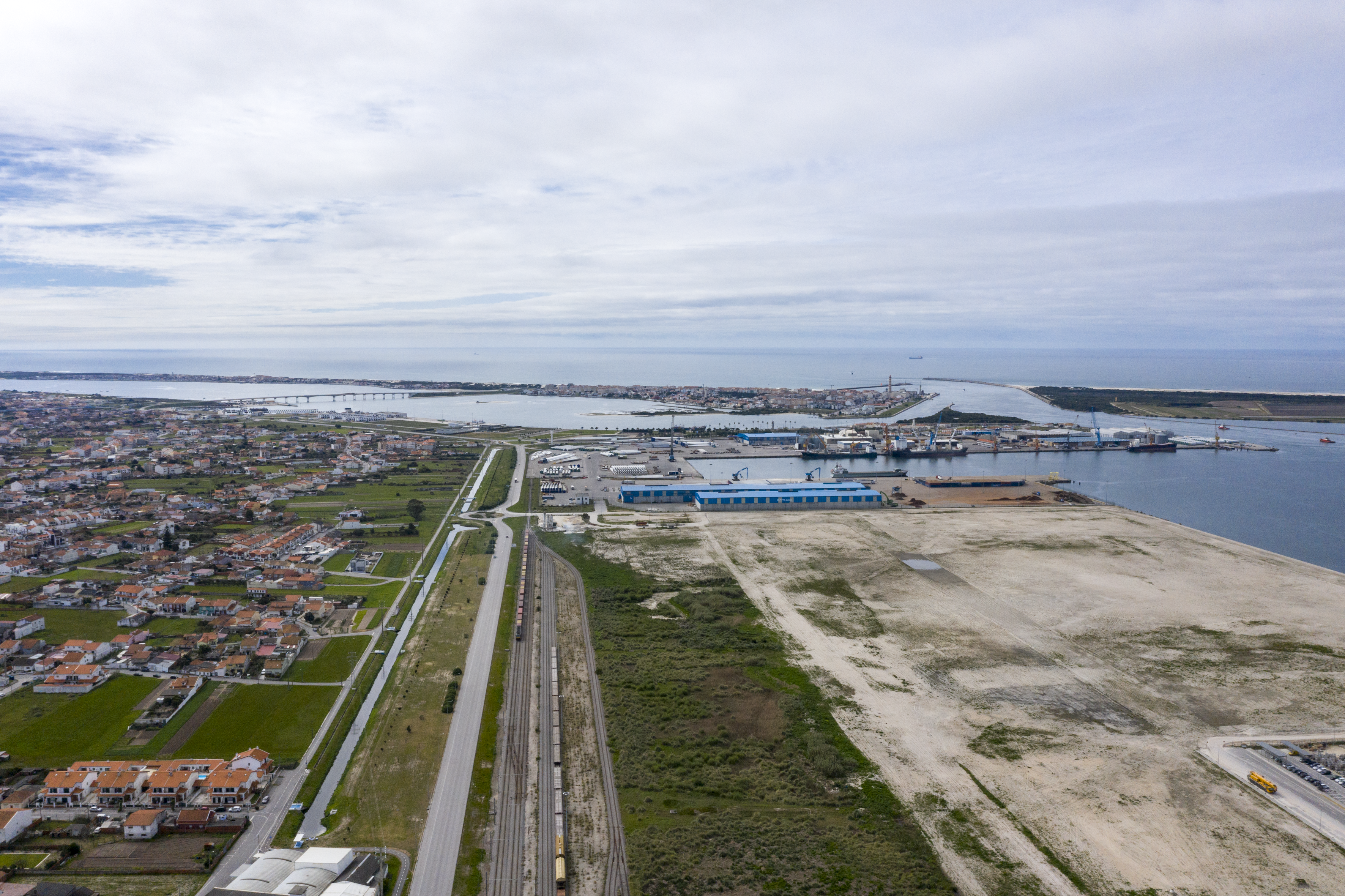The Port of Aveiro is implementing a series of strategic investments that aim to improve navigability conditions, modernize traffic management systems technology, digitalize operational processes and expand port infrastructure. Furthermore, initiatives are underway to strengthen intermodality and adapt operations to the European legislative framework, with the aim of increasing the efficiency of services and improving the environmental performance of all its activities.
Project Summary:
Implementation of the new VTS- Vessel Traffic Service system for the Port of Aveiro, supported by state-of-the-art technology, in order to overcome the operational constraints registered in the system in operation and also enable the port with a more effective maritime traffic control and monitoring service and capable of operating continuously 24 hours a day and 365 days a year.
Project Goals:
Ensure the continuous and efficient operation of the VTS, as well as its real-time accessibility by pilots during piloting duty.
| Implementation Status | Running |
| Total Investment | 2 M € |
| Cohesion Fund | 1,7 M€ |

Project Summary:
Full digitalisation of the control and validation processes for all physical flows into and out of port terminals and their integration with JUL, leading to integrated management of road flows with port operations.
Project Goals:
Automating the control and validation processes for physical flows into and out of port terminals will increase the efficiency of vehicle access to terminals, improve the protection of port facilities, better link road flows with port operations and better integrate the port into logistics supply chains.
| Implementation Status | Under construction |
| Total Investment | 4.7 M € |
| Cohesion Fund | 4 M € |

Project summary:
Raising the elevation to a level that prevents flooding, strengthening the marginal retention and modifying the water, rainwater, sewerage and public lighting networks, among others.
Project Goals:
To provide port infrastructure to support deep-sea fishing, with improved conditions of use and safety, in order to better serve the interests and needs of the port's clients, namely maritime transport and distant-water fishing companies.
| Status ofIimplementation | In progress |
| Total Investment | € 6 million |

Project Summary:
Construction of a maritime-road-rail terminal at ZALI, in an area adjacent to the container and ro-ro terminal, covering 9 ha, and improvement of the track bundle to allow the operation of trains up to 750 m in length. This investment is currently at the technical project stage.
Project Goals:
To improve the efficiency of the port's access to the national rail network and to the TEN-T Atlantic Corridor, in particular the Aveiro-Valladolid section. It will allow to extend the port's hinterland to the Castilla y León region and promote an increase in the supply of intermodal services. At the same time, it will act as a leverage to increase the share of rail transport in the flows that use the port, which will lead to greater sustainability of the logistics chains that use it.
| Implementation status | In progress (technical project phase) |
| Total investment | €15.9 million |
Project Summary:
The development of the Single National Platform for the Maritime Sector (PTNSW) aims to create new digital services and/or modernise those already provided, in order to fully comply with the EMSWe Regulation and other legislation related to ship calls.
Project Goals:
This project aims to implement PTNSW in accordance with Regulation (EU) 2019/1239, which establishes EMSWe. This initiative includes the integration of local interfaces (PTLSW) into a national interface, promoting the concept of the Maritime Single Window. In addition, the project will develop additional services to increase the competitiveness and interoperability of maritime operations and to improve maritime and navigation safety, also supporting other public authorities.
| Implementation Status | In Progress |
| Total Investment | 125 thousand € |
| FEAMPA Support | 88 thousand € |

Project Summary:
Development of an energy hub to power ships, electric vehicles and port facilities. This energy hub will include renewable electricity production, storage, supported by micro-grids with advanced predictive production management systems, and consumption. The main investments to be financed by the Port of Aveiro include the construction of a high- and medium-voltage substation, energy storage, renewable energy production and the installation of equipment to supply energy to ships while in port (OPS system).
Project Goals:
Production of renewable energy in the port
Provide clean energy to ships (OPS)
Promote electric mobility
Energy modernisation
| Implementation Status | In progress |
| Total Investment | 13.1 M € |
| Support from the Just Transition Fund | 13.1 M € |
